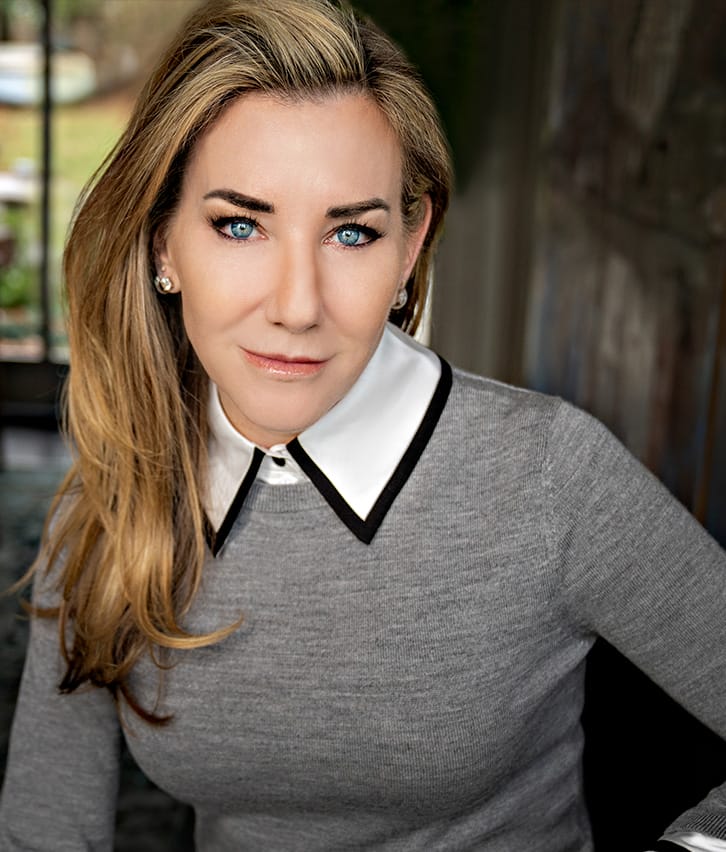It’s 2018 and I’m sitting in the dark in a hotel room on an US Army Base in Japan. It’s 3:00am, and I’m jetlagged. I’m not saying that the freeze-dried coffee of dubious age that I just brewed in the coffeemaker of dubious cleanliness is the worst I’ve ever had. But, it’s pretty damn close.
And, yet, here I sit, I think, in an air-conditioned Army Lodging room, with fresh sheets, running water, electricity, and anything else I need. I’m here to talk to soldiers about continuing their mission of service when they put down their weapons shed their uniforms, and take up life after the military as civilians. I’m here as a guest speaker to talk to men and women who drink bad coffee regularly, except in battlefields defending freedom and securing our nation.
I have too much respect for these men and women to get this talk wrong. So, to prepare, I did a fair bit of research to learn what holds soldiers back during their transition. The challenge is real: vets face not just a chronic unemployment problem, but an even worse underemployment problem. This leads to the average vet changing jobs six times in his or her first 18 months after service. So, what’s behind this problem? And, how can understanding their problem help you solve yours?
The real challenge vets face.
I’ve come to learn that, like with all things, it is complicated. There is an issue of translation of language and culture. There are incorrect and outdated stereotypes about military personnel. There is a lack of understanding about all the various options available. But, more so, I’m finding that the issue is one of identity.
When you enter the military at aged 18, you don’t yet know who you are. The military gives you a job, and a set of skills, and you become a specialist in that area. Then two years or two decades later, you transition out. You pack up your kitbag with your uniform and your skills and your title, and you have to figure out how an Artillery Specialist or Transportation Logistics Officer fits in to the civilian world.
It’s not dissimilar to what you and I have done in each transition we’ve managed. At every stage of our lives, we’ve left one definition and moved into another. Some of us let those definitions hold us back. We believe we are, in sum, what our last business card says that we are. But the outside world’s classification of us is only definitional insofar as we allow it to be.
When I was in 6th grade, my math teacher had us all recite the multiplication tables by heart as fast as we could. Never one for rote memorization drills, I failed miserably. I determined that day that I wasn’t a “math person.” So many decisions I made after rested on this definition that I – falsely – assigned to myself.
When we define ourselves, or worse, let other people define us, we are giving up our power, we are limiting our imagination, we are short-shrifting our potential. Who is to say that Grandma Moses, who took up painting in her 80s wasn’t an artist? Who is to say that an Artillery Specialist can’t work in the civilian sector as a chief operating officer? Who is to say that Steve Jobs who was fired from Apple couldn’t forever change the way we interact with technology?
Who is to say, really?
Because here is what I know to be true this week: All too often, it’s our own inner critic who refuses to defy the definitions lobbed at us by those who have only seen us from one angle, in one job, in one class.
Let’s today stop letting those with less imagination define the parameters of our work, our lives, and our dreams. Let’s define ourselves.
Speaking of alternative paths (Parents, read this)
Did you know the about 40% of college graduates are either unemployed or underemployed? In other words, almost half of all college graduates aren’t using the degree for which they went to college.
So, here we are, the knee deep in the college application season — seriously, a presidential election, daylight saving time (darkness at 3:45pm here in Boston), AND college applications all in the same season? Come on, now! And, if you are struggling with a student who maybe shouldn’t go to college, or maybe can’t go to college, or maybe you yourself didn’t go or didn’t finish, I’m here to tell you that you aren’t alone. And, maybe you are better for it (especially when the average college debt is $37,000).
It’s possible that college isn’t right for everyone, and perhaps more of us should have gone to trade school (or convince those we love to look at this option too), as I told my friends at NYC’s PIX 11 a couple of weeks ago.



